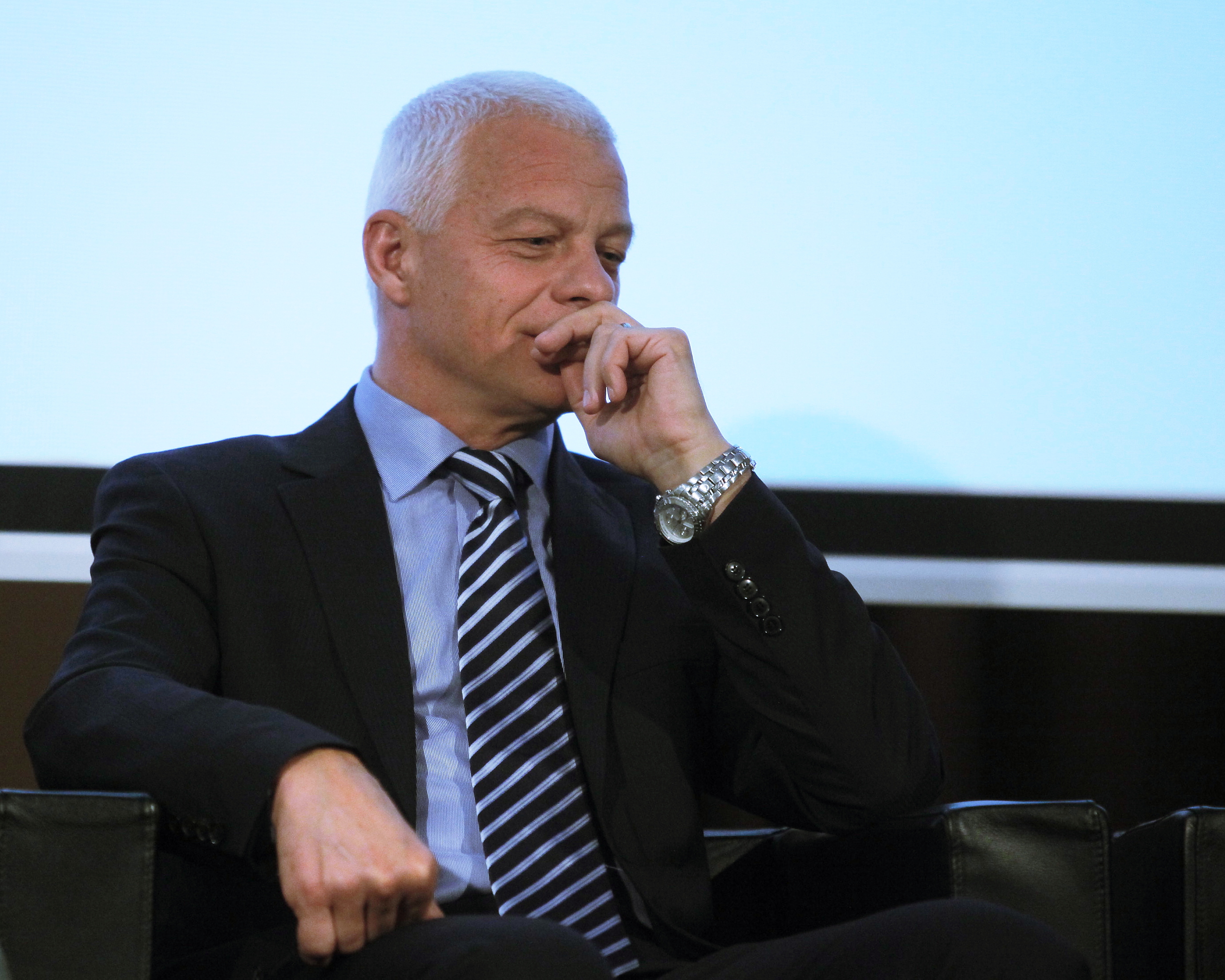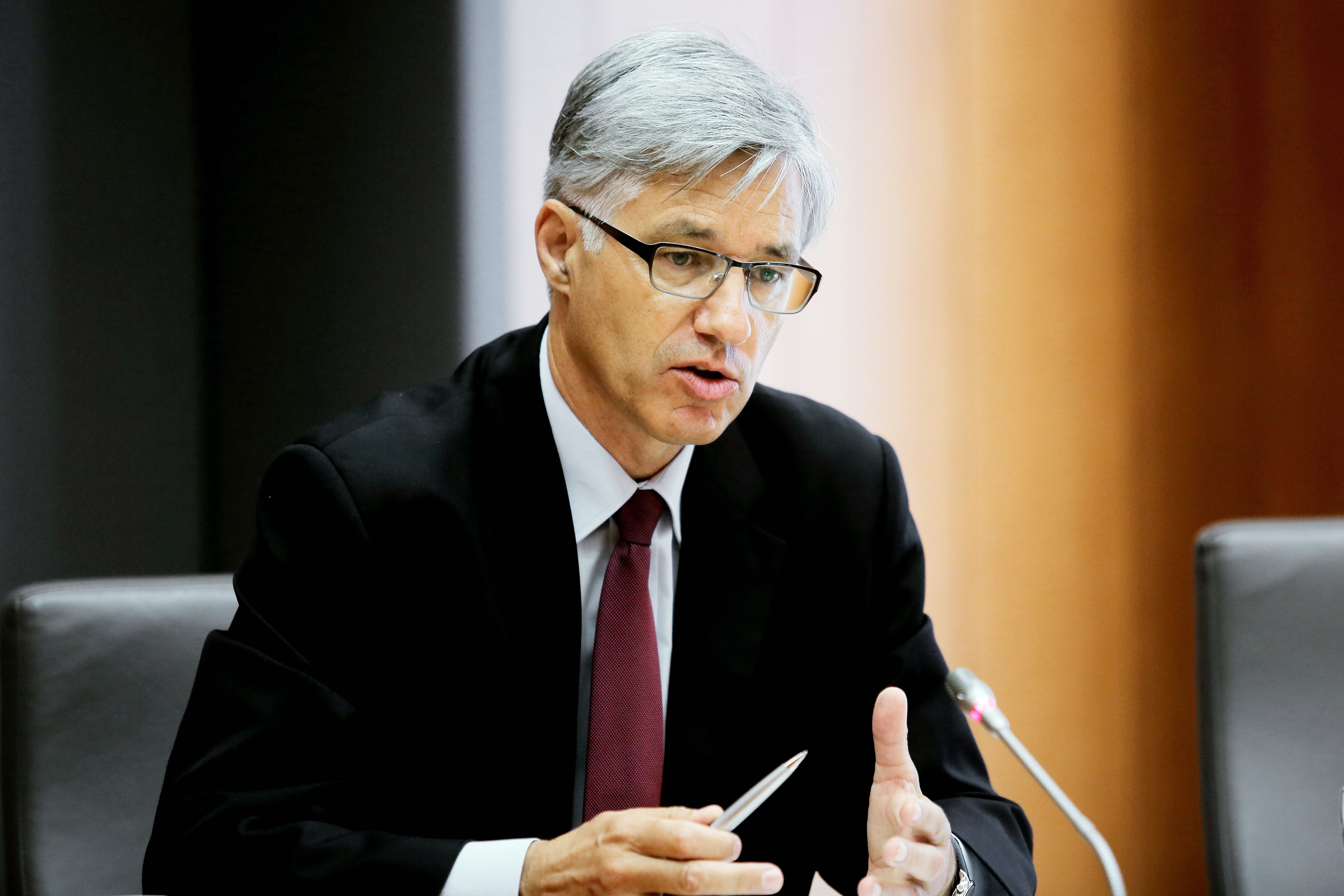Janko Medja and Božo Jašovič, two former presidents of the Management Board at NLB, have testified at a hearing before the Commission of Inquiry to determine the abuses in the Slovenian banking system. Jašovic was reproached because during his leadership, when NLB had converted written documents to electronic ones, internal auditing had revealed numerous deficiencies and problems with bad copies. Logar stated that 76 folders with loan documentation had been lost.
76 items of loan documentation disappeared
Regarding the bank liquidity gap, Jašovič said that it would be smaller if it had been recapitalised sooner, in 2009 or at the beginning of 2010. During his leadership, when NLB had converted written documents to electronic ones, internal auditing had discovered numerous deficiencies and problems with bad copies; Logar stated that 76 folders with loan documentation had been lost. Jašovič was surprised by the claims that documentation was missing and said that all warnings from the internal auditing department had been taken seriously, and that the department had always suggested what actions to take, which they had supported as well.
There were lucrative contracts for Drago Kos’s company
When Božo Jašovič had stepped down, he had been succeeded by Janko Medja, who immediately confirmed that they had inherited a bad risk management system from his predecessor; some policies had been missing entirely while others had not been followed. Medja admitted that they had only started investigating the losses of the bank at the end of 2012 since he had not received any special warnings from Jašovič.

Logar also pointed out the costs the bank incurred with the company of former president of the Commission for the Prevention of Corruption (CPC) Drago Kos, which forensically examined loan documentation for NLB. Let us recall that Kos, who is a former criminal investigator and the initiator of the Patria affair, earned almost €1 million while advising and examining the loan documentation at the bank which had been recapitalised with €1,5 billion by Slovenian taxpayers. One hour of his advice cost an astronomical €218, which means that he earned at least 8 daily minimum wages per hour. How taxpayers have benefited from this deal remains unknown.
T. F.

